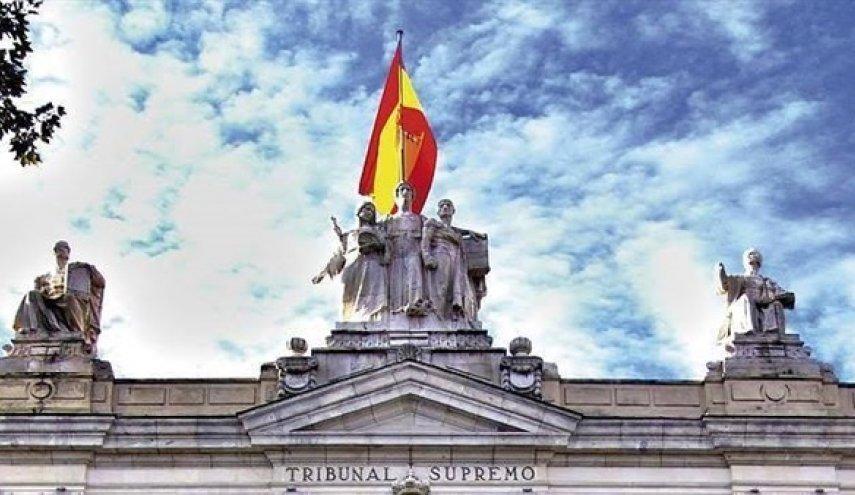
The Spanish Supreme Court ruled that the deportation of hundreds of young Moroccan minors from the Spanish enclave of Ceuta in August 2021, after a mass border crossing, was illegal and violated the European Convention on Human Rights, in a blow to the coalition government’s immigration policy.
The court’s judges rejected an appeal filed by the government against a previous ruling issued by a local court in Ceuta, which ordered Madrid to return young Moroccans to Spain, considering that their expulsion was illegal.
A spokesman for the Ministry of Interior said that the ministry “respects the judicial rulings to the fullest extent,” without commenting further on the ruling or its consequences.
Underage migrants, without their families, crossed to Ceuta with 12,000 people in May 2021, at the height of a diplomatic dispute between Madrid and Rabat over Western Sahara.
About 700 of them were returned to Morocco in mid-August after an agreement between the two neighboring countries.
The Supreme Court said that the mass expulsion of minors not only violated domestic immigration laws, but also violated the European Convention on Human Rights.
Two non-governmental organizations had demanded that a delegate and the vice president of Ceuta be indicted for expelling Moroccan migrant children without taking into account human rights principles.
The matter concerns both the Spanish Network for Migration and Refugee Assistance, and the Integrated Development Association “L’Escola”, which formally requested the president of the Investigative Court No. 2 in Ceuta to direct charges against both the government representative, Salvadora Mateos, and the first vice-president of the regional executive authority, Mabel Deu, for their role in the rapid expulsion of 55 migrant children from Morocco between August 13 and 16, 2021.
According to what was reported by the Spanish press, the Ceuta Public Prosecutor’s Office admitted to committing an alleged crime related to “continued evasion.”
L’Escola, a non-profit civic association seeking “the comprehensive development of the most vulnerable people”, was the organization that twelve months ago had denounced the return of unaccompanied foreign minors to the Granada Public Prosecutor’s Office, as a possible criminal offence, an allegation that ended up at the Public Prosecution in Ceuta to investigate the matter.
Nuria González, president of the “L’Escola” association, said in an interview with “Álvaro de Soto”: “I think they wanted to convey or communicate something. This is my opinion, but it did not happen, and it was very bad. It was, as I understand it, a political maneuver that ignored the rights of children.”
A Spanish Supreme Court decided a month ago that the deportation of Moroccan minors who arrived in Ceuta last year was an illegal process and a violation of their rights.
A number of Moroccan minors entered the city of Ceuta in May 2021, among hundreds of migrants, most of whom were returned to Morocco within days.
Ceuta kept dozens of minor migrants, and the Spanish government pledged to return them to Morocco in groups of 15, which sparked controversy within the government coalition, accompanied by complaints from several non-governmental organizations demanding the cancellation of the expulsions.
Unaccompanied minors were returned to Morocco without access to a lawyer and without being heard, while the laws confirm that the process of return to the country of origin must be accompanied by a series of procedures.
It is noteworthy that there is an agreement between the Kingdom of Spain and the Kingdom of Morocco regarding cooperation in the issue of preventing illegal immigration of unaccompanied minors from 2007, which states in Article 5 that any return of a migrant child can only take place “with strict adherence to Spanish legislation and the rules and principles of international law and those stipulated in the Convention on the Rights of the Child by the competent Spanish authorities.”





